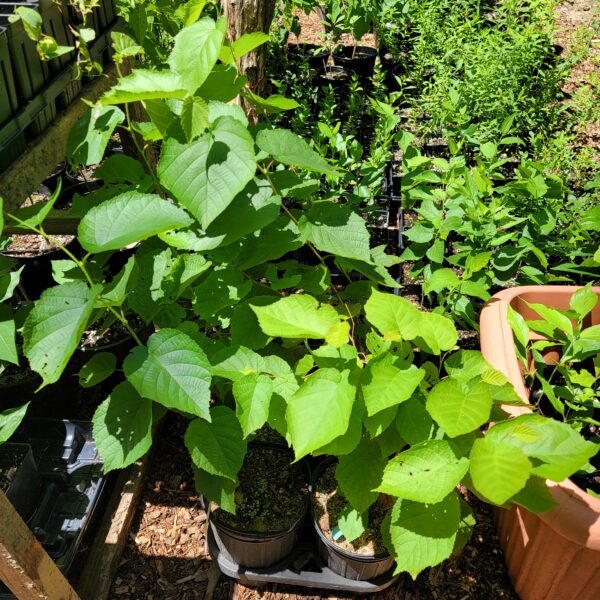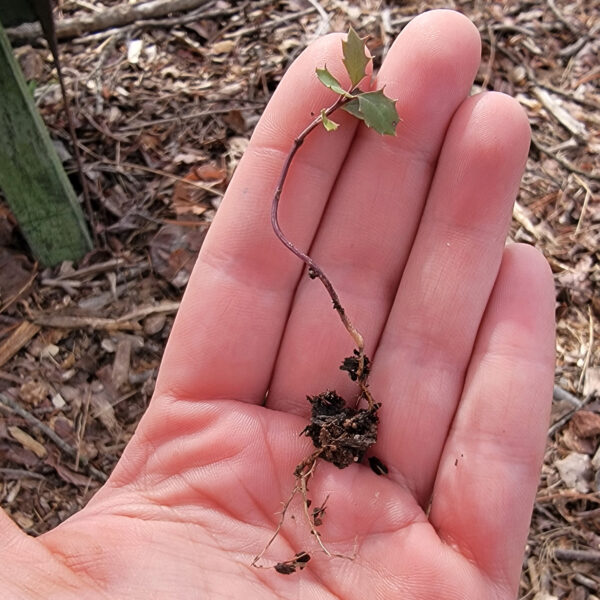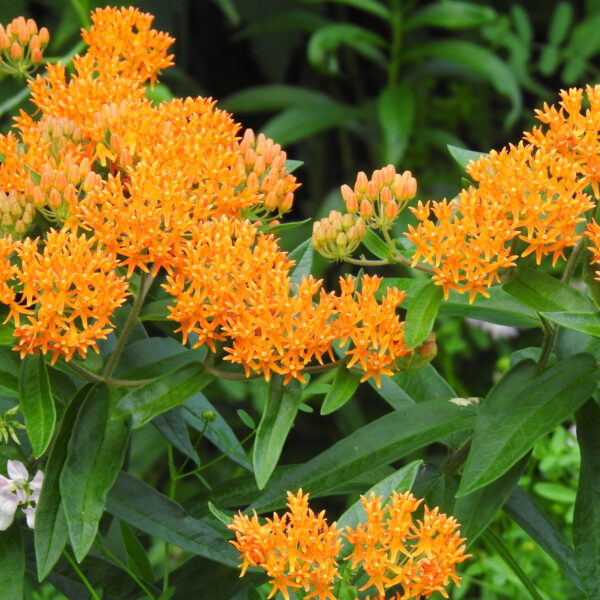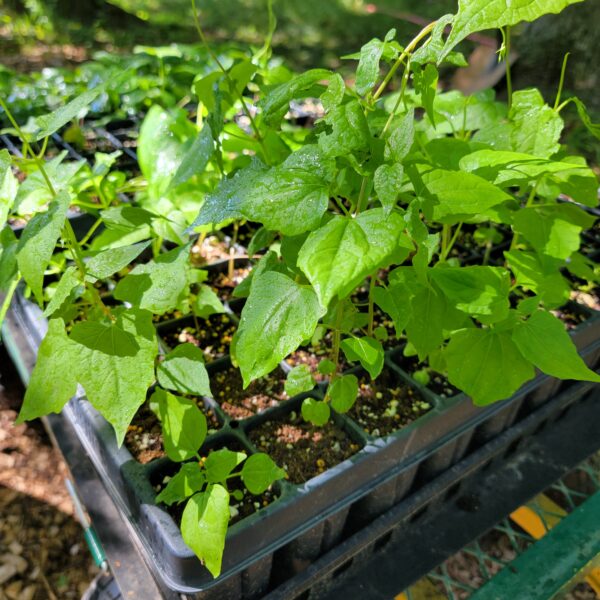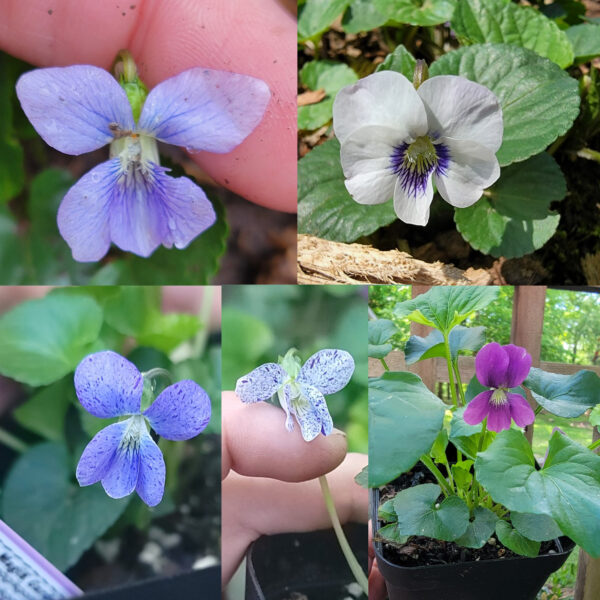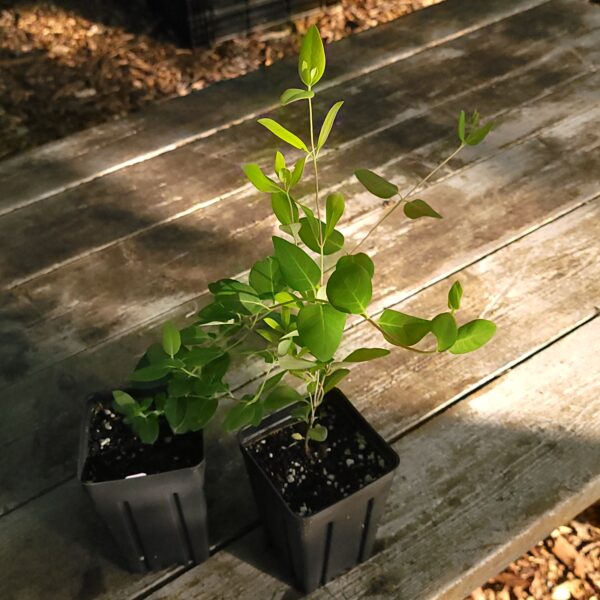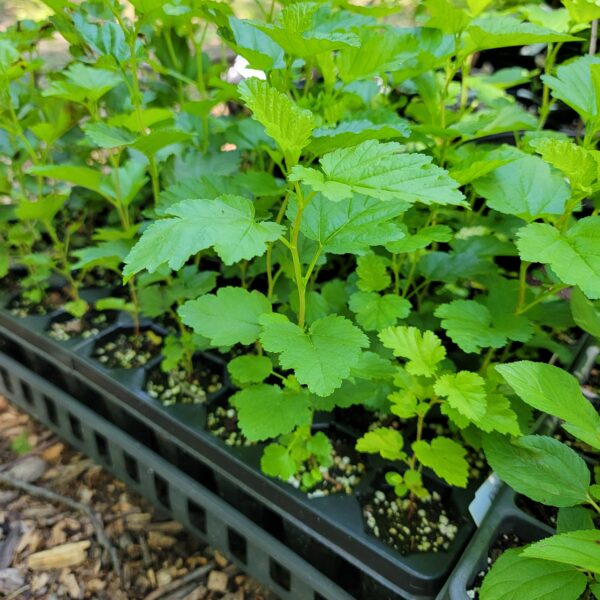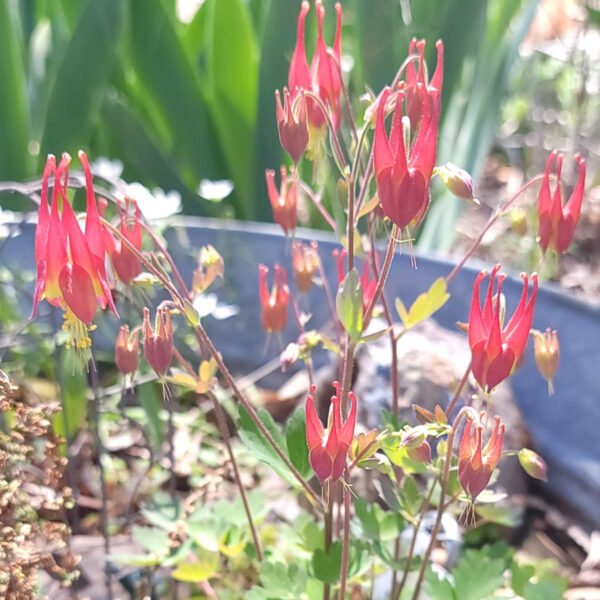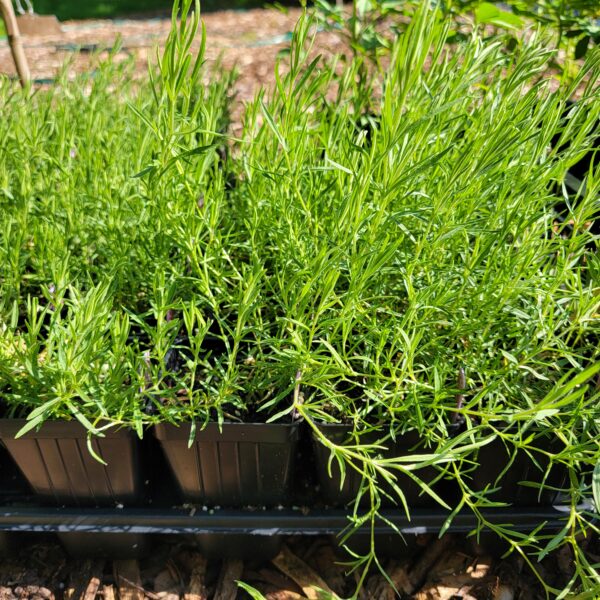Showing 1–12 of 28 results
Filter-
American hazelnut
$18.00 Read moreSeed-grown American hazelnut, also known as the American filbert, is a keystone species that produces choice edible nuts.
-
American Holly
$15.00 Read moreAmerican holly trees are extremely slow-growing trees. However, as a keystone species, it is worth growing at least one or two on your property.
-
Blue Sedge
$8.00 Read moreBunny Blue Hobb isn’t the only blue sedge in town. Carex glaucodea, actually called blue sedge, commonly grows in damp shady eastern woodlands.
-
Butterfly Milkweed
$10.00 – $15.00Price range: $10.00 through $15.00 Select options This product has multiple variants. The options may be chosen on the product page -
Common Blue Violet
$8.00 – $15.00Price range: $8.00 through $15.00 Select options This product has multiple variants. The options may be chosen on the product page -
Eastern Ninebark
$10.00 Read moreSky pilots bend on mountain side
Dark as the black hawthorn—
A horned lark rests on the ninebark—
Between the two we’re torn.
– Glen Enloe -
Eastern Red Columbine
$8.00 Select options This product has multiple variants. The options may be chosen on the product pageEastern columbines of all kinds! Little Lanterns is dwarf and compact, standard (available later 2025) is what you’re used to seeing.
-
Eastern Redbud
$8.00 – $18.00Price range: $8.00 through $18.00 Select options This product has multiple variants. The options may be chosen on the product pageShowy, easy-to-grow, spring blooming shrub that hosts 24 diverse species of caterpillars, provides nesting material for leaf-cutter bees, and feeds wildlife with its numerous seed pods.
-
Large-Flowered Meadow Chickweed
$8.00 Read moreThis native chickweed has showy fragrant blooms in spring and is drought tolerant once established.

